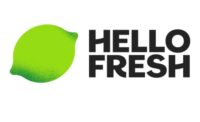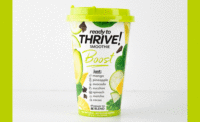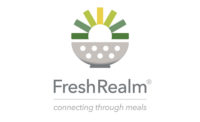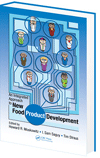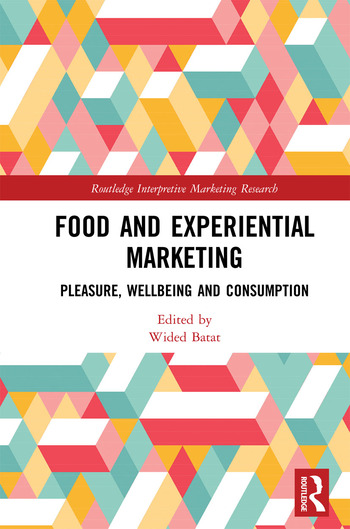Rising Availability and Increased Convenience Contribute to Frozen Ready Meal Growth
The global frozen ready meal market is set for growth at a CAGR of 8.2% and top a valuation of $89.7 billion by 2032

In recent years, ready-to-eat food has emerged as one of the most diverse divisions of the worldwide ready-meal market. A rise in convenience patterns, as well as a simultaneous increase in need for customized meal options, has resulted in strong desire for frozen packed meals. The frozen food and beverage industry is perceived as a yet another stop for consumers on the go, with everything from frozen desserts to appetizers and meals available.
Because of its microbiological and fungal-free qualities, frozen ready meals are in high demand in developed countries. Frozen packaged food manufacturers are now incorporating nutrient advantages alongside taste to appeal to a broader clientele seeking health and flavor.
Advances in technology to conserve frozen and partly prepared food, as well as substantial changes in the retail business, all promise positively for market players in the near future. The frozen ready meal industry could be worth more than $89.7 billion by 2032.
Frozen convenience meals sold by food supply chain companies remain a major source of income. Convenience stores are expected to extend their frozen ready meal range in the near future, while online sales will tap into previously undiscovered market opportunities.
In industrialized nations, where demand is higher than in other countries, frozen ready meals are now becoming incredibly common. The spike in the number of individuals working in rising economies such as China and India, and the trend toward longer and more unpredictable working hours, has led in a gradual shift away from the traditional model of daily cooking. Frozen ready meals are likely to grow in popularity in such countries as a result.
Convenience meals are growing in popularity in the packaged food industry due to its easy and portability. Organic convenience foods are also becoming more famous as they are certified natural things that may be used to substitute a full meal and are better than normal ready meals due to component differences.
Key Takeaways from Market Study
• The frozen ready meal market is expected to expand at CAGRs of 5.4% and 6.2% in US and the Middle East & Africa, respectively, through 2032.
• The European frozen ready meal market is currently pegged at 25.2% share of total market.
• The frozen ready meal industry in Asia - pacific region, except Japan, is predicted to increase at a healthy 4.7%.
• Customer demand for healthy, nutrient-dense foods is boosting sales of frozen ready meals in various regions throughout the world.
• Frozen chicken and frozen snacks contributed for more than 60% of the worldwide frozen ready meal markets in 2022, according to product type segmentation.
• Covid-19 pandemic outbreak benefited the frozen ready meal business due to its ease. Because many singles were limited to their homes and apartments, they had to depend on fast and ready-to-eat meals to sustain life. Due to the COVID shutdown and social distancing practices, diners as well as other businesses were shuttered, increasing market demand for frozen ready meals.
“Targeting the food and beverage business would result in large earnings for frozen ready meal producers. Because of the increased consumption of healthy diet goods around the world, the health alternatives business could be a prospective market for frozen ready meals.” says the research analyst.
To improve the quality of products, major makers of frozen ready meals are concentrating heavily on research.
Campbell Soup Co: The company confirmed a complete restructuring in 2018 which will strengthen its presence in the rapidly changing foodservice sector. Campbell's main business operations, such as its important soups, pre - cooked meal, shelf-stable beverage portfolio, and large snacks portfolio, are now grouped under this new company.
Conagra Brands: In the year 2019, Pinnacle Foods acquired the company. Pinnacle's takeover of specialized gluten-free confectionary companies such as Udi's and Glutino may boost Conagra Brands. With this purchase, the company will combine two catalogues with commercial growth to build a USD 12 billion corporation with leading brands in the frozen, snacks, refrigerated food, and grocery sectors.
McCain: In 2018, the business formed a relationship with Forno de Minas, a well-known cheese manufacturer. McCain bought 49% stake in Forno de Minas in this deal.
Looking for a reprint of this article?
From high-res PDFs to custom plaques, order your copy today!



